
Should I launch my product on Shopify or Amazon?
Product launch dilemma: Shopify or Amazon? We break down the pros and cons of each, helping you choose the best platform for quick sales vs. long-term brand building.

You’ve probably heard of the Gold Rush. It usually refers to the time in California in the mid-19th century when news spread of the discovery of gold deposits in the state. Almost overnight, hundreds of thousands of people trooped there hoping to strike it rich.
We’re seeing something similar to the Gold Rush today. But instead of hoping to discover gold, it’s about getting a chunk of the digital economy, which is valued at $1.2 trillion in the United States alone, or about 6.5 per cent of its 2016 Gross Domestic Product. And the actual winners in today’s gold rush are the companies that make the tools that help individuals and businesses make money from the web, companies like MOZ, SEMrush, and Hubspot. We’ll introduce you to some of them as we go further in this article.
In order to stand out in an increasingly competitive business landscape, companies have used digital marketing to promote their products and services and turn prospects into loyal paying customers. At the same time, digital marketing continues to make it significantly easier, more effective, and more affordable for businesses of all sizes to reach their target market.
To get a clearer picture of the evolution of digital marketing, let’s take a quick trip across its history.
The 1980s: The Beginning – In this decade, businesses began to collect and store data about their customers to reveal their buying habits. The processes involved were mostly manual, however, as a person was required to track interactions between the business and their customers.
The 1990s: Rise of CRMs – Digital marketing exploded a decade later with the advent of customer relationship management (CRM) software, which automated many of the tasks involved in customer tracking.
The 2000s: Automated marketing – As more and more customers used the internet to research products they wanted to buy, businesses turned to marketing automation platforms to deliver content that’s tailor-fit to each audience, segment audiences more accurately, and more.
The 2010s: Going social – Things changed in digital marketing again when smartphones and social media platforms came. Today, businesses have to deliver different kinds of content on diverse kinds of platforms on various types of devices.
Every decade presents a new challenge to businesses on how to more effectively promote and sell their products to their customers. As these customers become more sophisticated and as the technology matures, the challenges become more and more complex. This is where digital marketing tools come in.
For every problem that a marketer faces, there’s a tool that helps solve that. From collecting customer information to gaining insights on their buying habits to delivering customised content, there’s a tool that helps marketers make smarter decisions.
That’s why in today’s digital gold rush, the ones making the real money are those who create and sell the tools. You want to boost your paid and organic search marketing efforts? Do you want to know why your competitor is getting so much traffic? Do you want to know exactly what keywords will bring you the most traffic? There are tools to do those for you and more. So it’s a lot like the 19th century Gold Rush—it’s the companies that make the digital marketing tools that reap the most rewards in the digital gold rush.
But who are some of the biggest winners in the current race? We’ll take a look at some of them in the next section.
We chose the platforms in the list based on two factors: how long they’ve been around and their revenue. Both are good indicators of their longevity and profitability in a highly competitive sphere. Plus, we added a quick summary on why marketers love them:
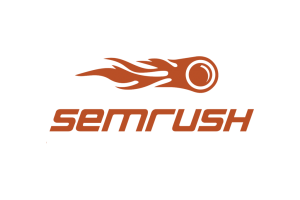
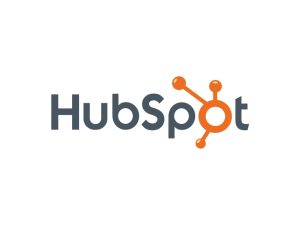
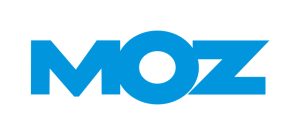

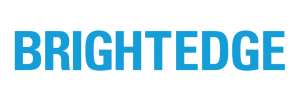
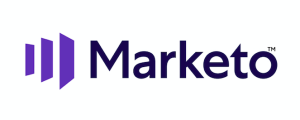
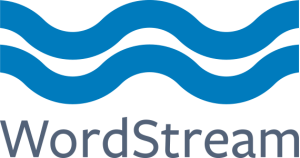

As customers become even more sophisticated and the more they rely on their smartphones and other digital devices to make buying decisions, digital marketing and the tools that marketers use will certainly evolve as well. Artificial intelligence and location data, for example, has already begun to show what it’s capable of in terms of providing even more customised content to customers. We can only expect the digital landscape of tomorrow to be even more complex and exciting as it adapts to the changing tastes and needs of customers.

Product launch dilemma: Shopify or Amazon? We break down the pros and cons of each, helping you choose the best platform for quick sales vs. long-term brand building.

Master Amazon cash flow! Learn to calculate your product’s cash cycle, from manufacturing to payout, using Amazon’s “Sell Through Rate.” Get accurate forecasts for smarter scaling.

Neil Patel recently shared powerful tips on email marketing success—think cleaner lists, smarter personalization, and value-packed content. His key message? Email isn’t dead; it’s evolving.
Subscribe to receive exclusive industry
insights & updates
Copyright © 2014 – 2025 One Egg. All rights reserved.
Subscribe to receive exclusive industry insights & updates